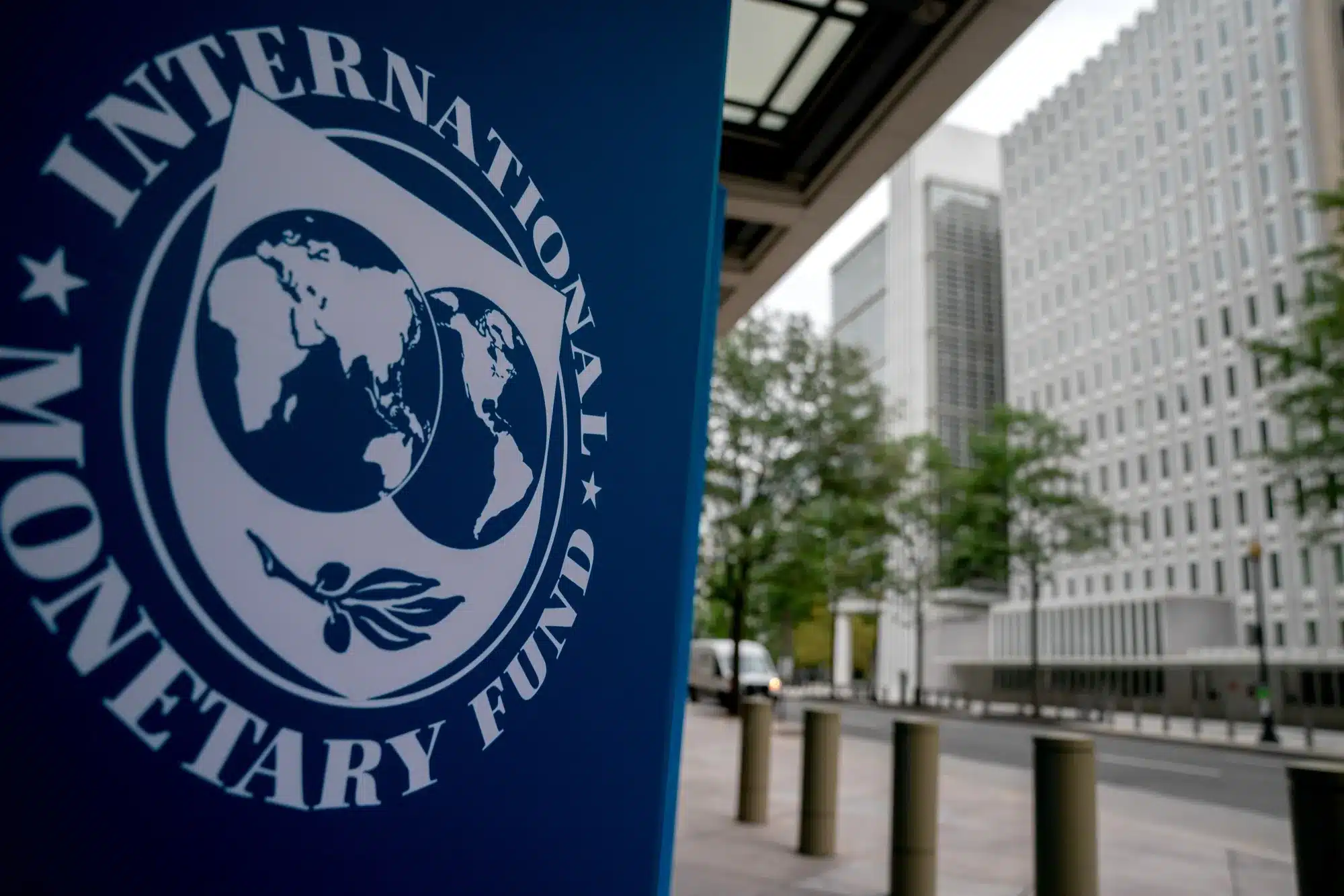On August 5, 2025, President Bola Tinubu signed the Nigerian Insurance Industry Reform Bill into law, marking a significant overhaul of the sector in more than two decades.
According to Bayo Onanuga, special adviser on Information and Strategy, the new Nigerian Insurance Industry Reform Act (NIIRA) 2025 is designed to enhance transparency, innovation, and global competitiveness in line with the government’s $1 trillion economy ambition.
Passed by the Senate in December 2024 and the House of Representatives in March 2025, the Act introduces stricter capital requirements, mandatory insurance policies, digital transformation measures, and a zero-tolerance approach to claims delays. The National Insurance Commission (NAICOM) will implement the reforms, which aim to attract investments, boost consumer confidence, and position Nigeria as Africa’s leading insurance hub.
Although the official signed copy has not yet been released to the public, provisions in the bill highlight significant changes designed to reshape Nigeria’s insurance landscape. These include higher capital requirements, enhanced consumer protection, market digitalisation, and stricter regulation of intermediaries—all aimed at tackling long-standing sector challenges and bolstering its role in national economic growth.
Higher capital requirements to strengthen stability
A major provision of NIIRA 2025 is the overhaul of capital requirements for insurers. The goal: strengthen financial stability and ensure global competitiveness.
Historically, inadequate capitalisation has hampered Nigeria’s insurers, limiting their ability to meet policyholder needs during economic downturns. The last recapitalisation in 2007 set minimum requirements at ₦3 billion for life and non-life insurers ($1.96 million) and ₦10 billion for reinsurers ($6.52 million).
Under NIIRA 2025, non-life insurers must now maintain ₦15 billion ($9.78 million), life insurers ₦10 billion ($6.52 million), and reinsurers ₦35 billion ($22.8 million). The Act specifies:
“(a) In the case of non-life insurance business, the higher of ₦15,000,000,000 or risk-based capital determined by the Commission. (b) Life assurance business, the higher of ₦10,000,000,000 or risk-based capital determined by the Commission. (c) Reinsurance business, the higher of ₦35,000,000,000 and risk-based capital determined by the Commission.”
These changes align with international standards and are critical for meeting obligations under agreements like the African Continental Free Trade Area.
The higher thresholds are expected to trigger industry consolidation, with smaller players merging or exiting. “Less robust insurance firms may find themselves facing tough decisions, ultimately leading them to consider mergers with stronger companies or potentially withdrawing from the competitive landscape altogether,” said Ayodeji Ebo, managing director/chief business officer of Optimus by Afrinvest Limited.
Risk-based capital requirements will further align capital needs with each insurer’s risk profile. CardinalStone, a Lagos-based investment management firm, noted in a recent report that although smaller operators may struggle initially, the changes are “critical for improving competitiveness and resilience.”
The law requires insurers to meet the new capital levels within 12 months of commencement. Following the announcement, insurance stocks rallied as trading volumes surged by 351% on the Nigerian stock market on August 11 compared to August 6, and the Insurance Index jumped 39% in 11 days.
Ebo of Afrinvest attributed the rally to optimism over stronger, well-capitalised firms, advising investors to “stick with strong insurance companies and avoid moribund ones.”
Boosting consumer confidence and mandatory coverage
To address low trust in the industry, the Act imposes strict timelines for claims settlement, with severe penalties for delays. It also establishes a Policyholder Protection Fund to safeguard customers if an insurer becomes insolvent.
Mandatory insurance policies are expanded to include motor, health, agriculture, and construction, alongside participation in the Economic Community of West African States Brown Card Scheme for cross-border motorist protection.
Digital transformation is another key pillar, enabling wider access, reduced costs, and innovative pay-as-you-use models to expand penetration in underserved markets.
Tightening regulation of intermediaries
All insurance agents must now be licensed by NAICOM, requiring a Chartered Insurance Institute of Nigeria certificate or at least 10 years’ underwriting experience. Operating without a licence could mean fines up to ₦500,000 ($326) or six months in prison, with harsher penalties for insurers using unlicensed agents.
Brokers must maintain at least ₦100 million in professional indemnity cover ($65,220) or 50% of annual income, whichever is greater, and are barred from owning over 10% in any insurer or loss-adjuster. These rules aim to curb conflicts of interest and strengthen industry integrity.
Why the reforms are necessary
The 2003 Insurance Act lagged behind market realities, leaving the sector with low penetration, outdated rules, and weak consumer trust. According to recent report by Afrinvest, only 0.4% of Nigeria’s population has insurance, one of the lowest globally. That compares with 11.5% in South Africa, 3.9% in Morocco and 2.4% in Kenya.
NIIRA 2025 modernises the framework, aligns it with digital innovation, and supports Nigeria’s $1 trillion GDP target. NAICOM said the law will “unlock the potential of the insurance sector” and significantly boost GDP contribution. The Nigerian Insurers Association called it a “bold step” toward public trust and pledged sector-wide support.
Temitope Adeyemi, co-founder/CEO of Pay-U, welcomed the recapitalisation, saying, “It’s a long overdue move to ensure industry players are financially sound,” while urging greater investment in tech to increase insurance peneration and pay-as-you-use platforms.
The figures were originally reported in naira, and have been converted using $1 = ₦1,533.73, which was the average exchange rate as of August 7, 2025.











